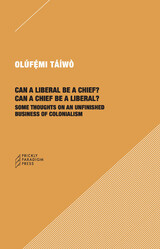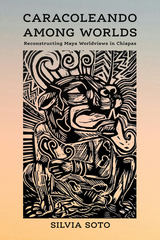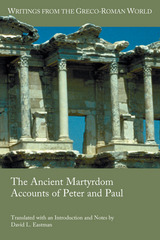
New English translations based upon the most up-to-date critical editions
This book for the first time collects the various ancient accounts of the martydoms of Peter and Paul, which number more than a dozen, along with more than forty references to the martyrdoms from early Christian literature. At last a more complete picture of the traditions about the deaths of Peter and Paul is able to emerge.
Features:
- Greek, Latin, and Syriac accounts from antiquity translated into English
- Introductions and notes for each text
- Original texts are produced on facing pages for specialists
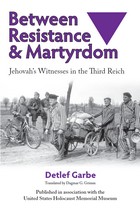
Although persecuted and banned from practicing their beliefs by the Nazi regime in 1933, the Jehovah’s Witnesses’ unified resistance has been largely forgotten. Basing his work on a wide range of sources, including documents and archives previously unconsidered as well as critical analyses of Jehovah’s Witness literature and survivor interviews, Detlef Garbe chronicles the Nazi’s relentless persecution of this religious group before and during World War II.
The English translation of this important work features a series of original photographs not published in the German edition. These striking images bring a sense of individual humanity to this story and help readers comprehend the reality of the events documented. Between Resistance and Martyrdom is an indispensable work that will introduce an English-speaking audience to this important but lesser-known part of Holocaust history.
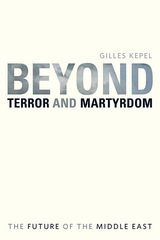
Since 2001, two dominant worldviews have clashed in the global arena: a neoconservative nightmare of an insidious Islamic terrorist threat to civilized life, and a jihadist myth of martyrdom through the slaughter of infidels. Across the airwaves and on the ground, an ill-defined and uncontrollable war has raged between these two opposing scenarios. Deadly images and threats—from the televised beheading of Western hostages to graphic pictures of torture at Abu Ghraib, from the destruction wrought by suicide bombers in London and Madrid to civilian deaths at the hands of American occupation forces in Iraq—have polarized populations on both sides of this divide.
Yet, as the noted Middle East scholar and commentator Gilles Kepel demonstrates, President Bush’s War on Terror masks a complex political agenda in the Middle East—enforcing democracy, accessing Iraqi oil, securing Israel, and seeking regime change in Iran. Osama bin Laden’s call for martyrs to rise up against the apostate and hasten the dawn of a universal Islamic state papers over a fractured, fragmented Islamic world that is waging war against itself.
Beyond Terror and Martyrdom sounds the alarm to the West and to Islam that both of these exhausted narratives are bankrupt—neither productive of democratic change in the Middle East nor of unity in Islam. Kepel urges us to escape the ideological quagmire of terrorism and martyrdom and explore the terms of a new and constructive dialogue between Islam and the West, one for which Europe, with its expanding and restless Muslim populations, may be the proving ground.
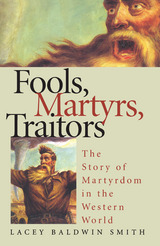
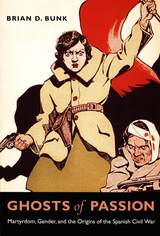
In commemorating the uprising, revolutionaries and conservatives used the same methods to promote radically different political agendas: they deployed religious imagery to characterize the political situation as a battle between good and evil, with the fate of the nation hanging in the balance, and exploited traditional gender stereotypes to portray themselves as the defenders of social order against chaos. The resulting atmosphere of polarization combined with increasing political violence to plunge the country into civil war.
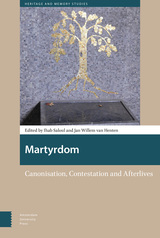
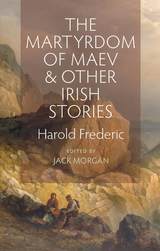
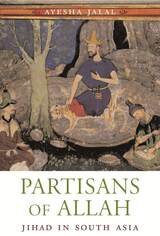
The idea of jihad is central to Islamic faith and ethics, and yet its meanings have been highly contested over time. They have ranged from the philosophical struggle to live an ethical life to the political injunction to wage war against enemies of Islam. Today, more than ever, jihad signifies the political opposition between Islam and the West. As the line drawn between Muslims and non-Muslims becomes more rigid, Ayesha Jalal seeks to retrieve the ethical meanings of this core Islamic principle in South Asian history.
Drawing on historical, legal, and literary sources, Jalal traces the intellectual itinerary of jihad through several centuries and across the territory connecting the Middle East with South Asia. She reveals how key innovations in modern Islamic thought resulted from historical imperatives. The social and political scene in India before, during, and after British colonial rule forms the main backdrop. We experience the jihad as armed warfare waged by Sayyid Ahmad of Rai Bareilly between 1826 and 1831, the calls to jihad in the great rebellion of 1857, the fusion of jihad with a strand of anti-colonial nationalism in the early twentieth century, and the contemporary politics of self-styled jihadis in Pakistan, waging war to liberate co-religionists in Afghanistan and Kashmir.
Partisans of Allah surveys this rich and tumultuous history of South Asian Muslims and its critical contribution to the intellectual development of the key concept of jihad. Analyzing the complex interplay of ethics and politics in Muslim history, the author effectively demonstrates the preeminent role of jihad in the Muslim faith today.
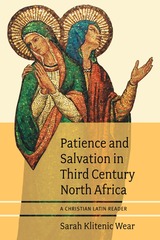
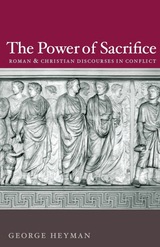
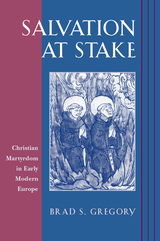
Thousands of men and women were executed for incompatible religious views in sixteenth-century Europe. The meaning and significance of those deaths are studied here comparatively for the first time, providing a compelling argument for the importance of martyrdom as both a window onto religious sensibilities and a crucial component in the formation of divergent Christian traditions and identities.
Brad S. Gregory explores Protestant, Catholic, and Anabaptist martyrs in a sustained fashion, addressing the similarities and differences in their self-understanding. He traces the processes and impact of their memorialization by co-believers, and he reconstructs the arguments of the ecclesiastical and civil authorities responsible for their deaths. In addition, he assesses the controversy over the meaning of executions for competing views of Christian truth, and the intractable dispute over the distinction between true and false martyrs. He employs a wide range of sources, including pamphlets, martyrologies, theological and devotional treatises, sermons, songs, woodcuts and engravings, correspondence, and legal records. Reconstructing religious motivation, conviction, and behavior in early modern Europe, Gregory shows us the shifting perspectives of authorities willing to kill, martyrs willing to die, martyrologists eager to memorialize, and controversialists keen to dispute.


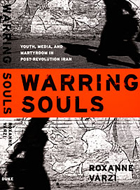
Highlighting trends that belie the government’s claim that Islamic values have taken hold—including rising rates of suicide, drug use, and sex outside of marriage—Varzi argues that by concentrating on images and the performance of proper behavior, the government’s campaign to produce model Islamic citizens has affected only the appearance of religious orthodoxy, and that the strictly religious public sphere is partly a mirage masking a profound crisis of faith among many Iranians. Warring Souls is a powerful account of contemporary Iran made more vivid by Varzi’s inclusion of excerpts from the diaries she maintained during her research and from journal entries written by Iranian university students with whom she formed a study group.

Richard Davis has expertly crafted a stirring narrative of the last years of Song, focusing on loyalist resistance to Mongol domination as more than just a political event. Davis convincingly argues that Song martyrs were dying for more than dynasty alone: martyrdom can be linked to other powerfully compelling symbols as well. Seen from the perspective of the conquered, the phenomenon of martyrdom reveals much about the cultural history of the Song.
Davis challenges the traditional view of Song martyrdom as a simple expression of political duty by examining the phenomenon instead from the perspective of material life and masculine identity. He also explores the tensions between the outer court of militant radicals and an inner court run by female regents—tensions that reflect the broader split between factions of Song government as well as societal conflict. Davis reveals the true magnitude of the loyalist phenomenon in this beautifully written, fascinating study of Song political loyalty and cultural values.
READERS
Browse our collection.
PUBLISHERS
See BiblioVault's publisher services.
STUDENT SERVICES
Files for college accessibility offices.
UChicago Accessibility Resources
home | accessibility | search | about | contact us
BiblioVault ® 2001 - 2024
The University of Chicago Press





